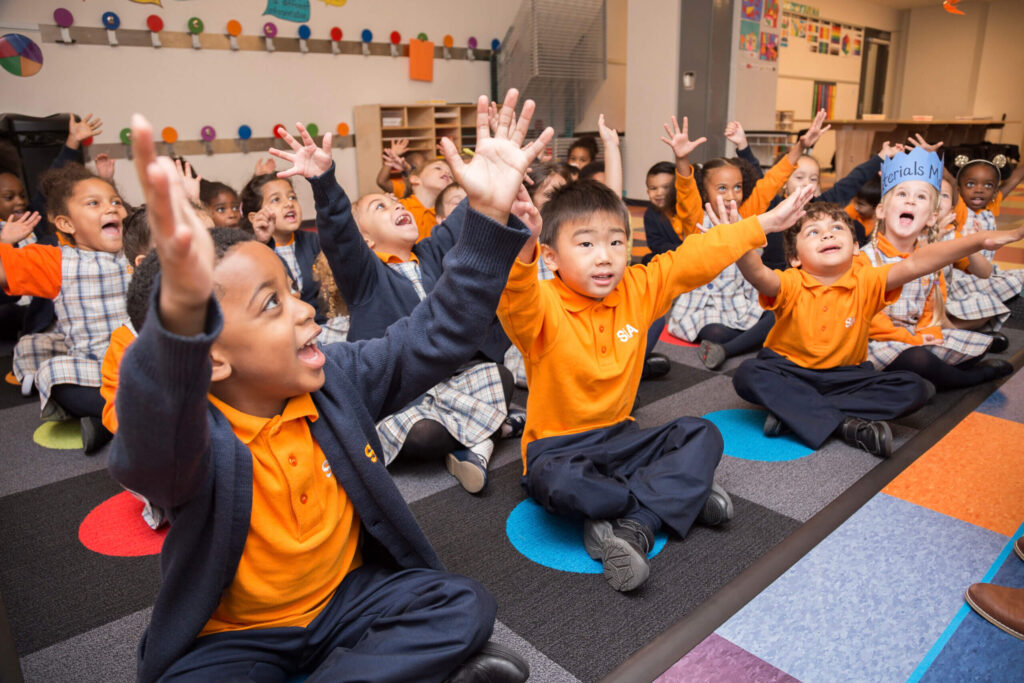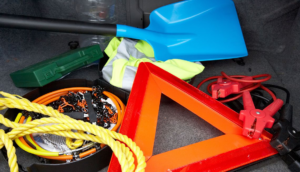
Never attempt to smoke or consume alcohol. The negative health effects of smoking are not new. However, smoking harms your skin as well. Your skin is damaged by the toxins present. It prematurely ages the skin. Alcohol consumption also accelerates the aging process of your skin. Even consuming sugar-filled soft drinks accelerates the aging process of your skin. If you truly love your skin, then break all the harmful habits. Don’t think that using a product alone will significantly improve your skin care.
Six Advantages of Putting Your Child in Kindergarten
The initial years of a child’s existence are crucial for their development and growth. A solid foundation for your child’s future academic achievement can be established by enrolling them in kindergarten. Kindergarten guarantees children’s ability to engage with seniors and other kids in addition to their academic success!
Social behavioral skills and new growth prospects were noted. Additionally, parents learn something new about how to mentor their kids. People will learn how to comprehend children’s needs and communicate with them effectively. Children are also taught effective self-expression techniques.
Kindergarten is an important time in a child’s educational path, not merely a place for them to play and have fun. It involves developing social and emotional intelligence as well as problem-solving techniques via study and practice. You will learn why kindergarten enrollment may be one of your finest choices in this guide.
1. Early Academic Skill Development
In kindergarten, fundamental ideas like letters, numbers, and shapes are presented in an interesting and developmentally appropriate way. Children start to understand basic academic concepts through interactive activities, games, and storytelling, which prepares them for a more seamless transition into formal school.
The exposure to early academics in kindergarten sparks curiosity and lays the groundwork for a lifelong love of learning. It is the environment of learning in Kindergarten where a child transitions from homeschooling to a further formal academic environment. They acquire social skills and motor skills in kindergarten!
The children get prepared for elementary school as kindergarten gives the right manner and right environment. During this time, kindergarten helps children develop significant skills in academics, along with getting along well in group activities.
2. Developing Friendships and Engaging With Peers
A key component of early childhood development is socialization, and kindergarten provides a controlled setting for kids to interact with peers their age.
Children learn vital social skills, including sharing, cooperation, and effective communication, through play, group activities, and collaborative learning.
As kindergarteners learn how to interact with their parents, teachers, elders, and other kids, they also learn how to operate as a team. Children learn a lot in a variety of group activities that take place in the academic setting. Among the lessons are the virtues of leadership, cooperation, and personal development!
The group activities help the kids gain leadership skills and a strong sense of teamwork. Kindergarteners learn about care, intellectual growth, and play-based learning because they are naturally curious. Teachers must support children’s skill development so they can satisfy their curiosity!
3. Getting Ready for Official Education
Kindergarten eases the transition from home to the more regimented environment of elementary school. As children grow older, they pick up valuable skills, including adhering to a routine and taking part in class activities.
Additionally, they acquire critical school readiness skills, including listening, following directions, and adjusting to a classroom setting. Kindergarten’s organized curriculum helps kids get used to the demands of formal education, preparing them for primary school with comfort and confidence.
Kindergarten provides care, but it also offers an educational setting where kids can learn appropriate behavior in public. They learn how to be disciplined, organized, and respectful of one another.
It is a crucial educational program or method that exposes kindergarteners to the outside world. Particularly when engaging in play-based activities, children learn appropriate behavior and how to treat others. Kindergarten encourages children to be investigators and thinkers.
4. Verbal and Nonverbal Communication Exposure
Your kid will be exposed to both verbal and nonverbal communication when they are enrolled in kindergarten, which will aid in the development of important language skills. Children’s communication skills are improved when teachers encourage them to express themselves verbally and through gestures.
Children develop their ability to speak, listen, and comprehend others through exercises like group discussions and storytelling, which pave the way for effective communication. Kindergarten activities like singing, drawing, and games help kids get used to new situations where social skills, sharing, and adapting are required.
Through a variety of activities, kindergarteners gain social, emotional, and problem-solving skills. Children have certain difficulties, particularly in the areas of social and emotional competence. As their curiosity is satiated during kindergarten, they grow in confidence.
5. Using Activities to Stimulate Cognitive Skills
These exercises, which range from games and puzzles to creative projects, improve memory, critical thinking, and problem-solving skills. Children get the ability to investigate, observe, and draw connections between many ideas through this process. Kindergarten Sunbury activities’ practical component offers a multisensory learning environment that fosters cognitive growth.
Children start to acquire important traits in kindergarten, particularly when they leave the comforts of home. Significant obstacles can arise in real-life scenarios, such as competitiveness or worries about children’s flexibility.
Teachers, on the other hand, are in charge of helping the kids adjust to their surroundings. The kids explore and learn from her experiences as they encounter difficulties and gain a wealth of knowledge.
For instance, the children’s fascination is heightened by the colors and shapes of many objects in their environment!
6. An increase in self-assurance and self-reliance
Every success, whether it’s accomplishing a tiny activity on their own or exchanging ideas during show-and-tell, adds to a child’s developing sense of self-worth. Kindergarten’s regulated yet supportive environment enables kids to solve issues, make decisions, and lay the groundwork for future independence.
They develop a positive self-image and confidence in their skills as a result of these early experiences, which equips them to confidently face subsequent academic milestones. When it comes to planning activities, children’s independence and confidence are essential!
Kindergarteners are taught the value of teamwork, how to engage the senses, and how to be more creative through real-life situations! The kids gain an in-depth comprehension.
Put Your Child in Kindergarten Right Away
To sum up, choosing to send your child to kindergarten is a big step that establishes the foundation for their future academic path. Therefore, take advantage of this chance to give kids a supportive and engaging environment that encourages development and education.
To give your child a head start on the road to social and intellectual growth, enroll them in kindergarten right away.








